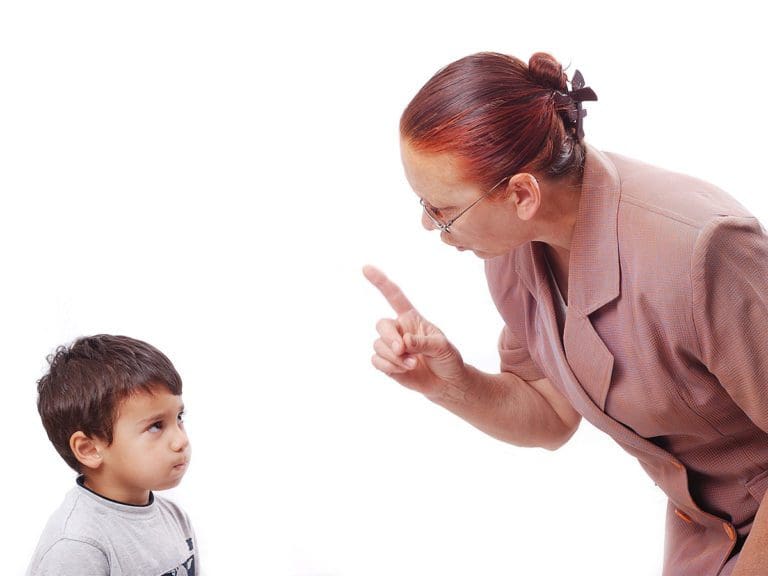The mental health of young people is a serious concern. We see evidence and hear reports about the nature and extent of the problem daily. Our students face unprecedented pressure and stress ranging from traditional sources, such as fitting in and friendships, family issues, social media pressure, the need for learning catch up, and fears about the future. We need to do what we can to help our students cope with the issues they face and learn how to manage the pressures and stresses they face.
Above all, we need to do what we can to avoid adding to the mental and emotional weight our students carry. For example, when students engage in unacceptable behavior, we must be thoughtful in our response. We want students not to repeat the behavior, but some of our choices in response to students’ actions can risk harming their mental health.
Consider the difference between discipline and punishment. Discipline approaches misbehavior or poor choices as an opportunity for teaching and learning. Our goal is not just to stop the behavior. We seek to have the student learn how and why to change their behavior. Discipline is guided by our commitment to help our students grow and be able to make better choices on their own.
Punishment, on the other hand, seeks to stop the behavior by exacting consequences or implementing a reaction that’ll lead the student not to repeat the behavior. Pain and discomfort – emotional, social, or physical – are frequent tools for punishment. Avoiding further consequences and practicing compliance are the assumed outcomes.
Unfortunately, many means for punishing misbehavior can also harm the mental health of students. The damage can be profound and lifelong, especially when punishment is exacted in anger. Many of us can clearly and painfully recall times when and how we were punished, even though many years have passed. Our position of authority in the lives of students makes our responsibility in this regard even greater.
Punishment that can cause mental harm comes in many forms. However, there are at least five ways in which students often are punished that teaches little and can result in significant harm:
Ostracizing. When we intentionally ignore and encourage others to not interact with a classmate, we risk causing feelings of isolation and depression that can lead to significant and lasting damage. Students may not repeat the offending behavior, but the cost can be high.
Humiliation. When we intentionally embarrass a student, especially in front of peers, we risk creating a wound that’ll be slow to heal. Students may regret what they did, but they’ll not soon forget how we made them feel. The combination of pain and resentment can result in loss of confidence and significant depression.
Holding a grudge. Students say and do many things about which they may have not given much thought. We can be offended and angry. We may feel humiliated and embarrassed. However, once we’ve handled the situation we need to let it go. Our students are still learning and growing. They need the opportunity for a new start without our lingering resentment damaging our relationship with them.
Expressing disgust. Disgust is an expression of revulsion or strong disapproval. Few things students do should raise this level of response from us. Expressions of disgust are especially harmful when the object is something over which students don’t have control. Physical characteristics of the student, the student’s family status or behavior, or ethnic traditions are examples. Being the object of someone’s disgust can create a lasting and unpleasant memory even if the student does not fully understand what caused it.
Negative predictions. What we predict about the future of our students can carry far more influence than we imagine. In a moment of anger, we might predict that a student will never be successful, not graduate, ever amount to much, or another negative prospect. Long after we have forgotten the incident, we likely will find that the student hasn’t let the memory go. In fact, the student may refer to our words whenever they fail or fall short. Only rarely will a student use the experience to propel them to success. However, even if they do, it’ll be despite us, not because of our inspiration.
We must do all we can to help our students and never consciously or intentionally add to their mental health load. Our focus must be on how we can help students learn to behave in acceptable ways, and not rely on our threats, comments, and emotional state to keep them in line.



